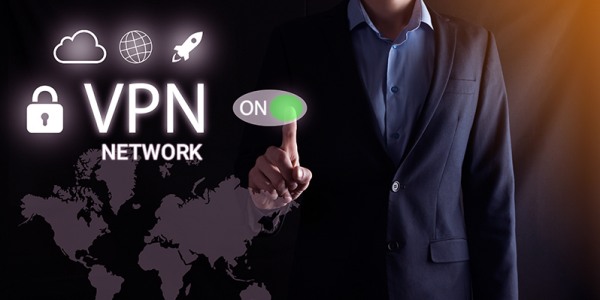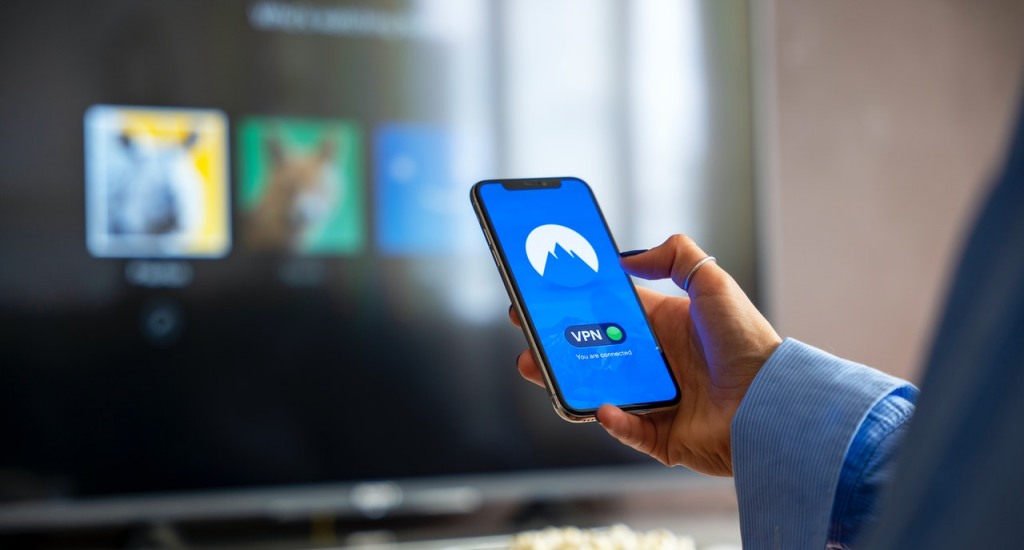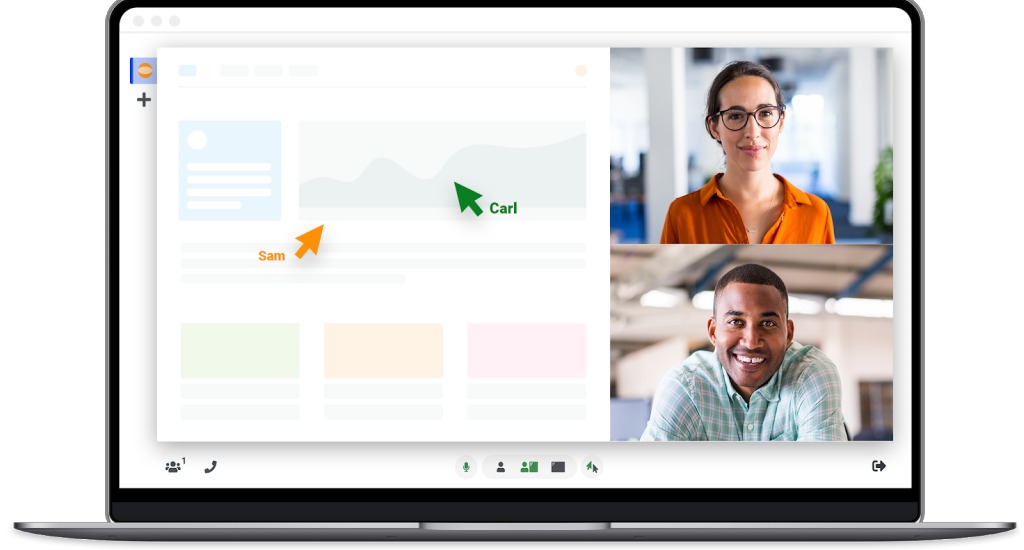A virtual private network (VPN) provides online privacy and security by establishing a private network from a public internet connection.
VPNs hide your internet protocol (IP) address, rendering your online activities unbreakable. Most VPN services establish remote, encrypted connections that offer more privacy than even a guarded Wi-Fi hotspot.
Importance of VPN service
When you browse the web or do business on an unprotected Wi-Fi network, you risk disclosing your personal information and browsing history.
That is why everyone concerned about their internet security and privacy should invest in a virtual private network or VPN.
Any data exchanged during your online session may be monitored by strangers sharing the same network unless you are connected to a reliable Wi-Fi network.
A VPN’s encryption and privacy can safeguard your online activities, such as sending emails, buying online, or paying bills. Additionally, VPNs assist in maintaining your online anonymity.
How does a VPN protect your IP address?
VPNs build a data tunnel between your local network and an output node located thousands of kilometers away, creating the illusion that you are in another location. This perk provides online flexibility or the ability to access your preferred apps and websites while traveling. Consider how a virtual private network operates in further detail. When data transmits over a Wi-Fi network, VPNs use encryption to scramble it.
Data is rendered illegible after encryption.
Data security is critical while utilizing a public Wi-Fi network. It stops other network users from monitoring your online activity.
Privacy has a flip side. Without a VPN, your ISP may view your whole browser history. Your search history is concealed when you use a VPN.
This is because your web activity will attribute to the VPN server’s IP address rather than your own. A VPN provider’s servers may be located throughout the world. This implies that your search activity may appear to originate from any of them.
Bear in mind that search engines will also trace your search history, but they will associate it with a non-personal IP address. Once again, your VPN will ensure the confidentiality of your online activity.

What information does a VPN hide?
Your browsing history
Where you go on the internet is not a secret. Your internet service provider and a web browser can track everything you do online.
Many websites that you visit may also save information about your visit. Browsers are capable of monitoring your search history and associating it with your IP address.
Two reasons why you want to keep your browsing history private are as follows. You’re looking for information about treatment options for a medical issue.
What do you know?
Without a VPN, that information is immediately shared. You may begin receiving targeted advertisements that draw more attention to your illness.
Or you’re interested in determining the cost of airline tickets for a flight scheduled for the coming month. Because the travel websites you visit are aware that you are shopping for tickets, they may display fares that are not the lowest available.
These are a sampling of isolated incidents. Bear in mind that your internet service provider may be able to profit from the sale of your browsing data.
Your IP address
Anyone can see what you are searching for on the internet and your location with your IP address. Consider your IP address to be the return address of a letter. It connects to your device.
Since a VPN utilizes a different IP address than your own, it enables you to protect your online privacy and browse the web.
Additionally, you are safeguarded from your search history being captured, viewed, or sold. Keep in mind that your search history can still be read if you are using a public computer or one given by your business, school, or other institution.
Your location for streaming
You may have to pay for streaming services to watch professional sports. When traveling outside of the country, you may be unable to use the streaming service.
There are valid reasons for this, including commercial obligations and foreign restrictions. Even so, a VPN would enable you to select a local IP address. This will almost get you access to any event broadcast on your streaming service. Additionally, you may be able to avoid data or speed limitations.
Your devices
A VPN can help shield your devices from spying eyes, including your desktop computer, laptop, tablet, and Smartphone. When you connect to the internet, your gadgets might become excellent targets for hackers, especially if you’re using a public Wi-Fi network.
In brief, a VPN protects the data you send and receive on your devices, ensuring that hackers cannot track your every move.
How can VPN help to prevent identity theft?
Identity theft occurs when cyber-criminals take your personal details and use them to commit crimes in your name, such as taking over or opening new accounts, submitting tax returns in your name, or renting or purchasing the property.
A VPN can assist in preventing identity theft by encrypting your data. It establishes an encrypted tunnel for the data you send and receive, keeping it safe from cybercriminals.
If you leave your Smartphone’s Wi-Fi active at all times, you risk leaving your device susceptible without realizing it. Daily activities such as online buying, banking, and browsing might expose your information, exposing you to cybercrime.
A VPN helps safeguard the data you share or access on your devices. This is especially critical while utilizing a public Wi-Fi network. A cyberthief on the same network could steal your login credentials and the credit card number you enter when shopping online.
There is no way to prevent identity theft. Nobody is capable. Certain aspects of cyber-security, such as a data breach at an entity with which you have an account, are beyond your control. However, a VPN can help protect the data that you send from and receive on your devices.
Conclusion
Suppose you’re concerned about the privacy of your data. In that case, VPNs are simple-to-use, reasonably priced security device that provides a basic level of internet protection.
In comparison, it may seem trivial to safeguard your data when you are not doing anything “illegal” online. Even the most innocent among us have data secrets online, such as critical passwords and financial information.
Encryption and identity protection services provided by a VPN are analogous to a lock on a door or a fundamental security feature that everyone should have.
Before utilizing a VPN, it’s critical to familiarize yourself with the laws of your home country and any countries you visit. It determines whether your VPN usage is being watched by a government, therefore nullifying any privacy benefits.


